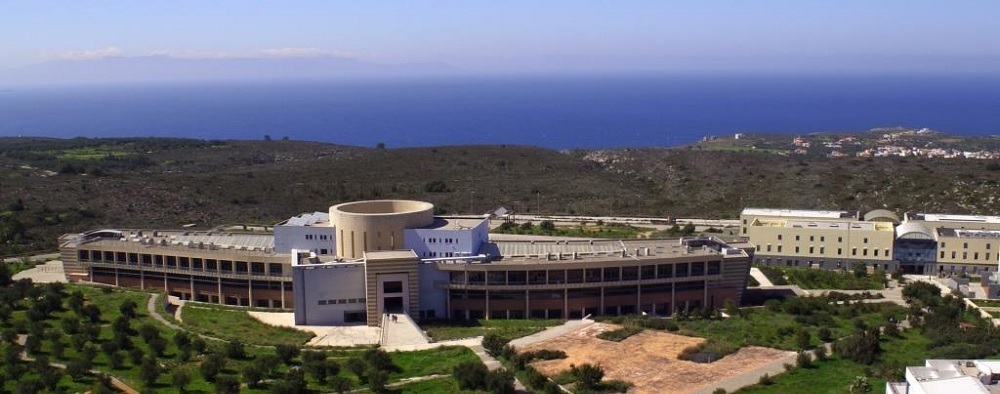Κατάλογος Εκδηλώσεων
20
Δεκ
 Λ - Κτίριο Επιστημών/ΗΜΜΥ, 141Π-98
Λ - Κτίριο Επιστημών/ΗΜΜΥ, 141Π-98 20/12/2023 14:00 - 15:00
20/12/2023 14:00 - 15:00 Σύνδεσμος τηλεδιάσκεψης: https://www.facebook.com/TUC.ece.chania/
Σύνδεσμος τηλεδιάσκεψης: https://www.facebook.com/TUC.ece.chania/Title
Functional ultrasound imaging (fUSI): A revolutionary technology to study the nervous system
Abstract
Recent advances in neuroimaging technology have significantly contributed to a better understanding of human brain organization, and the development and application of more efficient clinical programs. However, the limitations and tradeoffs inherent to the existing techniques, prevent them from providing large-scale imaging of neural activity with high spatiotemporal resolution, deep penetration, and specificity in awake and behaving participants. Recently, functional ultrasound imaging (fUSI) was introduced as a revolutionary technology that provides a unique combination of spatial coverage, unprecedented spatiotemporal resolution (~100 μm, up to ~10 ms) and compatibility with freely moving animals. While fUSI is a hemodynamic technique, its superior spatiotemporal performance and single-trial sensitivity offer a substantially closer connection to the underlying neuronal signals than achievable with other hemodynamic methods such as fMRI. In addition, the relative simplicity and portability of ultrasound have allowed fUSI to be performed in awake and behaving participants, providing minimally invasive neural imaging in species ranging from mice to humans. In vivo fUSI was first reported in 2011 by imaging cerebral blood volume (CBV) changes in the microvascularization of the rat brain during whisker stimulation. Since then, this technique has been applied to brain activity imaging during olfactory stimuli, resting state connectivity and behavioral tasks on freely moving rodents. Our team took the next major leap in fUSI and demonstrated for the first time that functional ultrasound images encode the motor intention of non-human primates (i.e., monkeys) before they perform an actual movement - a prerequisite to brain-machine interfaces (BMIs). These results consist a critical step in the development of neuro-recording and brain interface tools that are less invasive, high resolution, and scalable across species. Currently, we are working on extending the fUSI technology to study the pathophysiology of neurological (e.g., chronic pain) and psychiatric (e.g., schizophrenia) diseases in pre-clinical and clinical studies, and to guide therapeutic neuromodulation treatments – a technology that currently does not exist. fUSI is still on its infancy. Although our work establishes fUSI a promising platform for neuroscientific investigation with potential for profound clinical impact, there are many challenges that we need to overcome – such as how to handle, process and decode inreal time the big dataset of ultrasonic data with efficient and interpretable machine learning techniques.
About the Speaker
Dr. Christopoulos is an Assistant Professor in the University of California, Riverside Department of Bioengineering and Cooperating Faculty in the Graduate Neuroscience Program. He is also a Visiting Professor at the Division of Biology and Biological Engineering at the California Institute of Technology (Caltech) and an Adjunct Clinical Assistant Professor of Neurological Surgery at the Keck School of Medicine of University of Southern California (USC). Prior to joining UC Riverside, Dr. Christopoulos was a Research Faculty and Director of Neurotechnology at the T&C Chen Brain-Machine Interface Center at Caltech. He received his PhD in Computer Science and Engineering, with minor in Cognitive Neuroscience, from the University of Minnesota. His research interests focus on understanding the mechanisms of higher order cognitive functions in humans and non-human primates, such as decision-making, motor learning and motor control. In the recent years, he has extended his research to clinical studies in patients with brain and spinal cord injuries, including intracortical Brain-Machine Interface in individuals with tetraplegia and functional ultrasound imaging in patients who undergo surgery for treating brain and spinal cord disorders.



